Zvizdan (The High Sun)
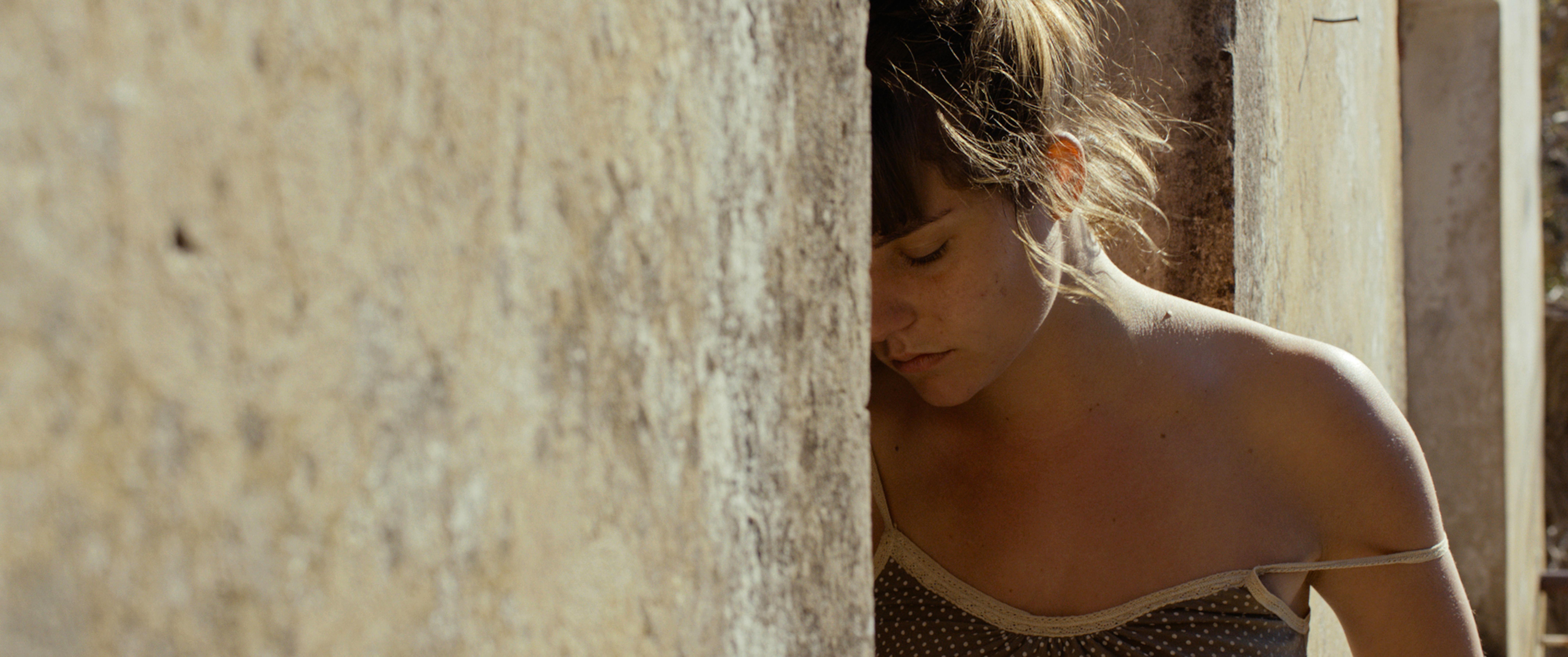
Zvizdan encapsulates three summer stories set in the same rural border area in Croatia, each time featuring the same two leads in different roles and encompassing the beginning, end and aftermath of the Yugoslavian war. Dalibor Matanić captures a beautiful village setting that hides and reveals the tension, scars and possible atonement of a separating conflict.
 In 1991, immediately before the war breaks out, Serbian girl Jelena (Tihana Lazović), rebellious and eager for life, is about to move to Zagreb with her boyfriend Ivan (Goran Marković), a kind-hearted trumpet player “from the other side”. They try to enjoy the blooming lake area in their mutual home, while barely ignoring the seething scepticism and hostility between the two neighbouring ethnicities. Jelena’s brother Sasha is drafted to the army and, outraged by their plans, violently drags Jelena back over the border with tragic consequences.
In 1991, immediately before the war breaks out, Serbian girl Jelena (Tihana Lazović), rebellious and eager for life, is about to move to Zagreb with her boyfriend Ivan (Goran Marković), a kind-hearted trumpet player “from the other side”. They try to enjoy the blooming lake area in their mutual home, while barely ignoring the seething scepticism and hostility between the two neighbouring ethnicities. Jelena’s brother Sasha is drafted to the army and, outraged by their plans, violently drags Jelena back over the border with tragic consequences.
Skipping ten years of armed struggle, Matanić reintroduces the region to show the marks that the war has left. In 2001, Nataša and her mother return from Serbia to their destroyed and abandoned house to rebuild the home and the lives they once had. While the mother, who lost her son in the war, desperately tries to look ahead and hires local repairman Ante to help them, Nataša’s bitterness for the events is too deeply ingrained in her mind. Each blaming the other for their losses, she and Ante cannot reconcile, even in the face of their sexual attraction for one another.
The final story takes place in 2011; modern buildings, new cars and electronic music suggest a fresh start. However, the shiny surface is a poor and thin concealment of what still lies beneath. Luka reluctantly returns home with a bunch of party-crazy friends to visit a rave near the lake where he grew up. After paying a visit to his joyless parents’ house, he tries to build up enough strength to face Marija, his former Serbian girlfriend whom he left when she was pregnant.
Matanić uses stunning images to tell simple stories of a well known, but reinterpreted nature. He picks out young love made impossible by violence, war and politics, to illustrate the collective wounds from the past, as well as some hopes for the future. His gifted, versatile leads carry the characters’ suppressed frustration and anger in their faces and express trauma and strife in the smallest of gestures.
Christian Herschmann
Zvizdan does not yet have a UK release date.
Read more of our reviews and interviews from the festival here.
For further information about Cannes Film Festival 2015 visit here.
Watch the trailer for Zvizdan here:

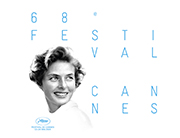
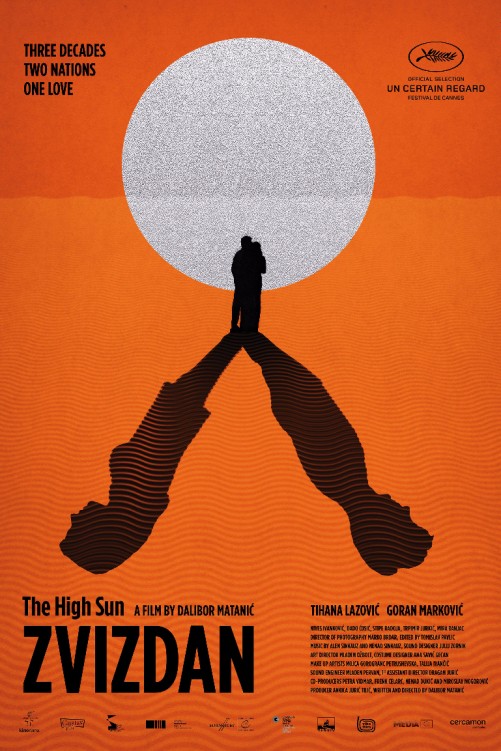
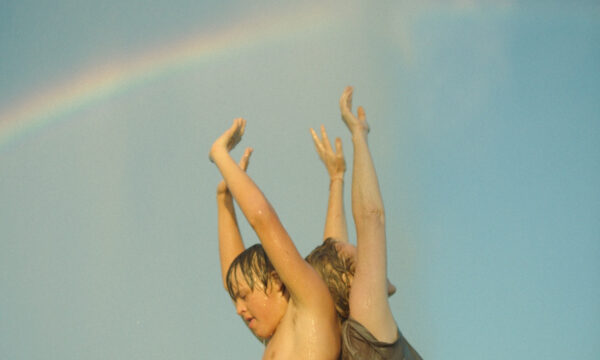
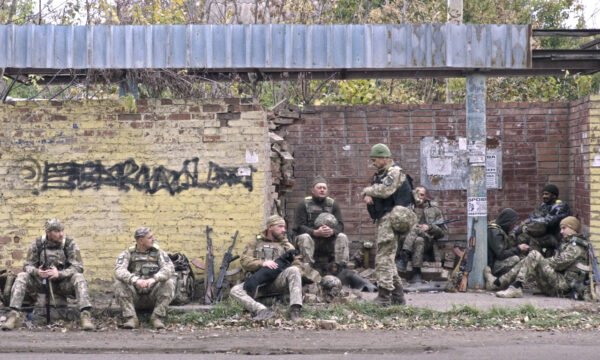
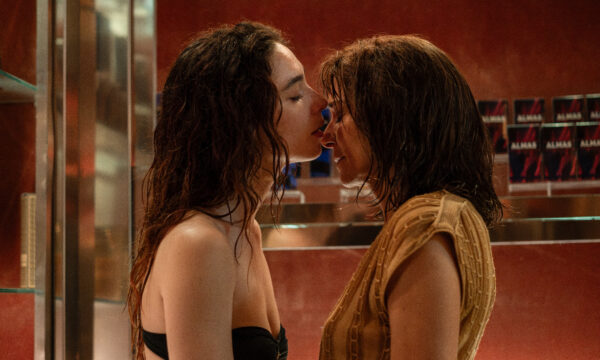
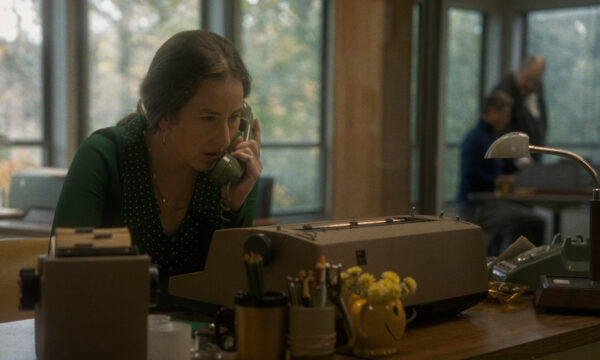


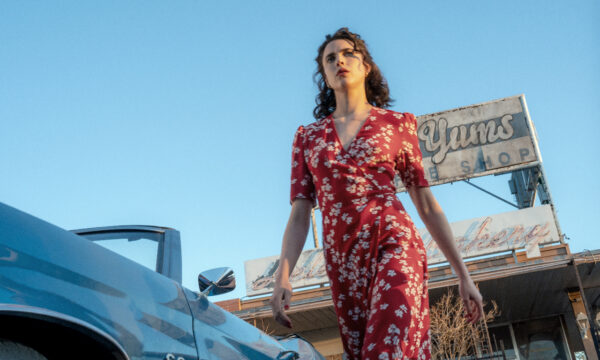
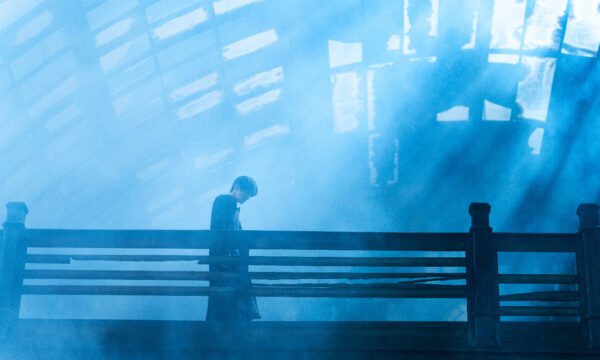
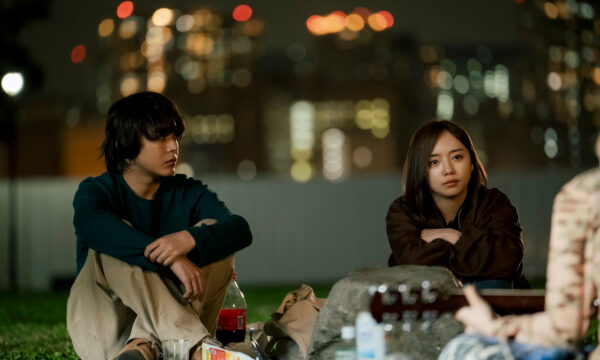


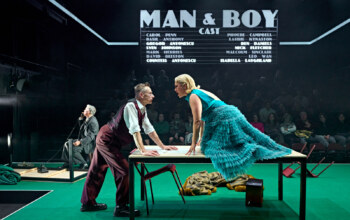
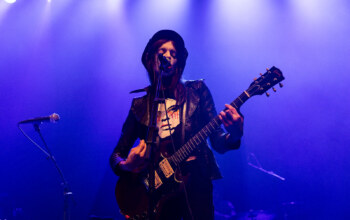
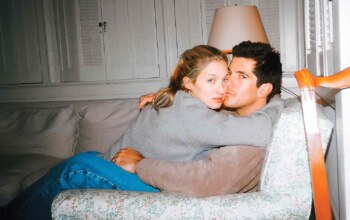
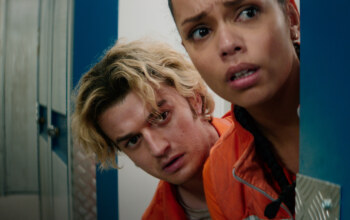

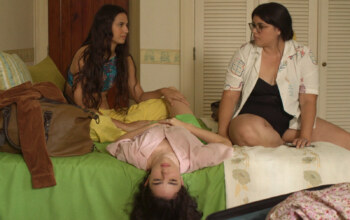
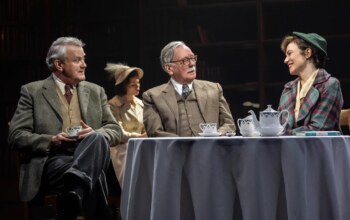





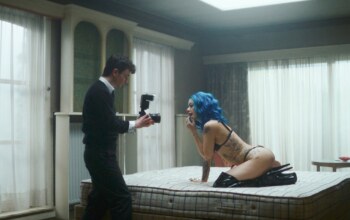
Facebook
Twitter
Instagram
YouTube
RSS